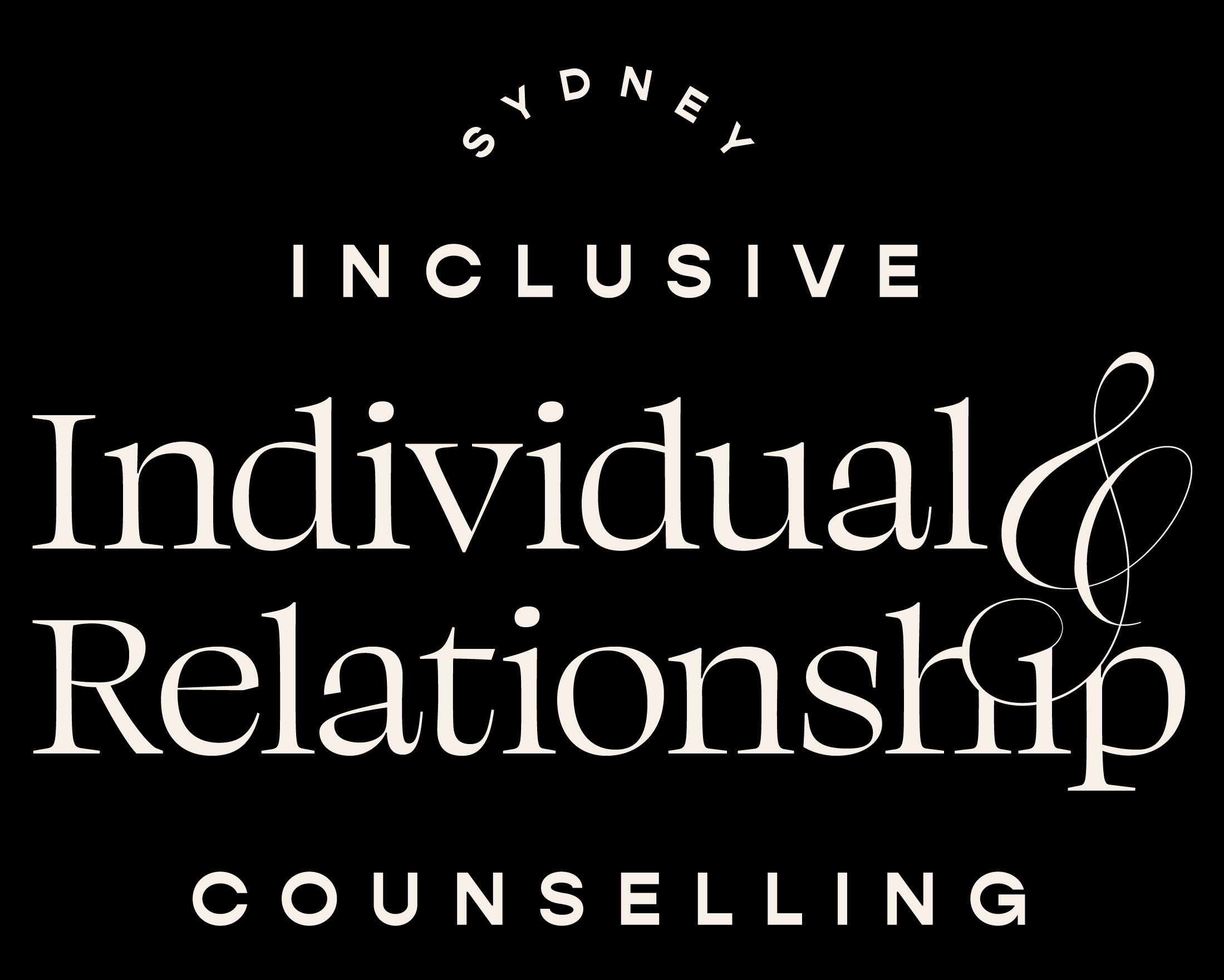Trauma-informed care isn’t super recent but it may still elude many older mental health (and other healthcare or social work-y) practitioners. I don’t think it’s malicious but it’s definitely negligent (I feel bad for using that word but it’s accurate). It’s existed since the 90s so people who were qualified before then have (only) a little leeway but not really.
In Australia, the Blue Knot Foundation were pioneers in releasing the first Practice Guidelines for Treatment of Complex Trauma and Trauma Informed Care and Service Delivery (2012). If you’re interested in reading the first draft (there’s an updated 2019 version) see: https://www.blueknot.org.au/Resources/Publications/Practice-Guidelines/Practice-Guidelines-2012
If your therapist (psychiatrist / GP / counsellor / psychologist / etc) isn’t trauma informed it can influence the way they (mis)diagnose their patients.
Complex-PTSD is often misdiagnosed as various anxiety and depressive disorders, bipolar 1 & 2, narcissistic personality disorder, codependent and borderline disorders, ADHD/ADD, obsessive/compulsive disorder, Autism, dissociative disorders, among others.
That’s not to say people don’t need treatment that also fits in line with some of those disorders – trauma can physically change the way your brain forms connections and reacts (but recovery is possible). However, the root of these symptoms is the trauma and so the trauma has to be addressed. So if a practitioner isn’t trauma-informed they may use treatment that doesn’t make as much progress that’s possible.
Recovery is not curing whatever label you have (that you were given). Recovery is to be able to function in day to day life, to have hope and to be empowered to take control. Recovery is feeling reconciled with your sense of self and your symptoms. Part of it may be recognising it’s an adaption that had a purpose (and often worked) to protect you from a traumatic situation but now that the traumatic event is over it’s harming you instead.
It may not be appropriate or work for some people but I have sent that part of me some warmth and appreciation. I wrote a letter to that part of myself/myself to say:
Thank you for protecting me, and I know you’re still trying to protect me. I understand you’re scared because the world has been scary and unfair to us. It’s okay now. I can take care of us now. I’m big and grown and we’re no longer in contact with him. I totally understand that you don’t trust that yet – it makes sense that you would want to wait and see. I don’t blame you but why don’t let me take the reigns now – let me take care of us.
You must be tired being so hypervigilant all the time. I know it was lonely being so scared and anxious all the time. I’m big now. I can take care of us. Why don’t you take a step back, and instead take a backseat and watch how it goes. If I need you again I’ll let you know. Trust me even if you don’t trust the world.
Thank you and I love you,
Big Michelle
So if it’s not ADHD/ADD/Autism/OCD/Bipolar/Etc and doesn’t have a neurological or biological cause then what is are these trauma symptoms/PTSD caused by?
A common cause of C-PTSD people don’t realise is a dysfunctional family of origin (both the families you were biologically born from and/or raised in). That includes emotional neglect which is the most common and most invisible form of trauma. People misunderstand it as a lesser and weaker form of trauma compared to verbal, physical or sexual abuse but that’s not true. It’s just different but can be just or more damaging. Many people who have experience multiple forms of abuse have said it was the worst part.
So many clients have said, “You were the first person to call it abuse/neglect. I grew up with it so I never saw it that way. Yeah but it was abuse/neglect.”
And that’s something heavy to sit with. These adults have been failed by the system as kids and the system has continued to fail them by not recognising what happened to them was trauma with lasting deep impacts across their sense of self, relationships to others and themselves, and that sense of emptiness that people struggle to describe or put a cause to.
Regardless of people’s values, goals and ambitions there is a core truth in the human need to know that someone sees you truly as you are and accepts you (let alone love you). Imagine as a child, you were never seen. That you were invisible in all the ways that counted (your wants and needs, your presence, your spirit, the sense of being wanted). If that happened to you, you don’t develop a sense of self-value because you were never shown how to and many people chase after that feeling (so many people don’t even know what it is or how to describe it).
If you have this trauma, how do you even start to address it if you don’t know you have it? Before you decide to commit to a therapist, check that they’re trauma-informed. It’s existed since the 90s and there’s plenty of training out there (so much training! I recommend Blue Knot Foundation) so there’s no excuse.
Peace,
Michelle


